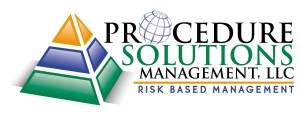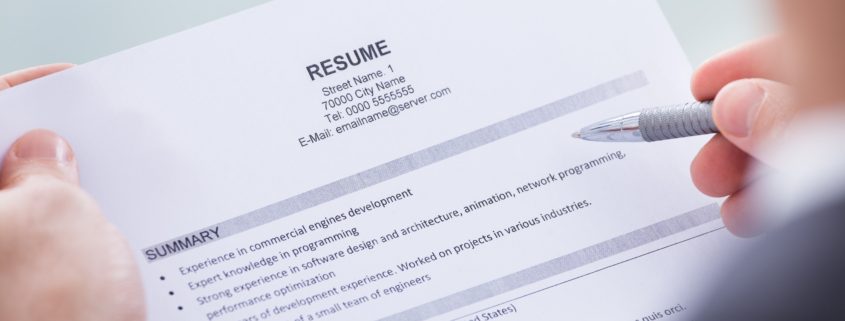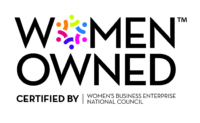Top Tips For Your Next Job Interview

If you are scheduled for a phone interview, find a quiet space. And if you’re going to use your mobile phone, check your charge and make sure you have reception.
Today’s job market has become more competitive than ever. A large focus is often placed on creating a strong, engaging resume, but what should you do when you land that job interview of your dreams? The PSM Recruiting Team has extensive experience assisting individuals preparing for an upcoming interview. Based on our experience, here are a few helpful tips:
Before the Interview:
- Conduct an internet search and review common questions.
Quick Tip: Glassdoor.com is a great resource to find interview questions a specific company typically asks. The website allows individuals to posts reviews and information about interviews they have undergone with a specific company.
- Print or make a list of approximately 5 to 10 general interview questions including:
- Why does working for this company interest you?
- What do you know about the company?
- Practice answering these questions.
- Personalize your answers by sharing experiences that demonstrate your mastery of the types of skills required by the job.
- Thoroughly review the posted job description for each requirement listed and write down your qualifications.
- If you are not as strong in a particular requirement, this process will help you to prepare a response for addressing it in the interview if needed.
- For a contract role:
- Make sure you fully understand the specific skills required for the position. If the company is looking for candidates with planning experience and knowledge of Maximo software, make sure you highlight your experience and abilities with that software during the interview. Be ready to explain where and how you have performed the required job skills. Remember, they are looking for someone who can hit the ground running.
- For a permanent role:
- Your experience and skill sets are still very important, but the company also wants to make sure you are going to be a good long-term fit for their organization. You should highlight your background, but also express your desire to learn and develop with the company.
- Review the company’s website, social media pages, etc. and make a list of questions you would like to ask during the interview. Ask questions that show your interest in the company and the job position for which you are interviewing.
The day of the interview:
- Be prepared!
- If the interview is going to take place over the phone, ensure that you have access to a quiet space.
- Remember to have the following items in front of you:
- Notebook and a pen
- Copy of your resume and a list of references
- Copy of transcripts
- Relevant work samples if provided previously
- If you plan on using a mobile phone, make sure the phone is charged it has reception.
- If you are meeting in person, plan to arrive 10 to 15 minutes early.
- Speak slowly and professionally during your interview.
- Listen carefully and welcome all questions.
- Be honest about your experience and give direct answers. Allow yourself a moment or two to develop your answers in your head before you respond.
- As applicable, ask the questions you previously prepared. Also, remember to ask when the hiring manager expects to make a decision.
- Lastly, but most importantly, thank the interviewer for their time and follow-up with a thank-you email within (2) days.
For more Employment, Resume, and Interviewing Tips, subscribe to our blog using the link to the right of this post. Or, visit Employment Opportunities page for a list of our current job openings.





